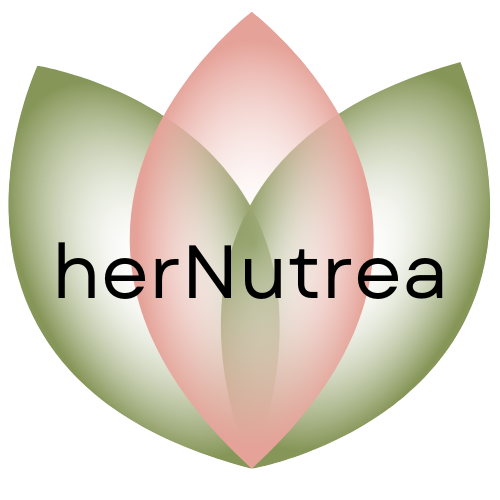The menopausal transition, driven by fluctuating hormone levels, can lead to a range of uncomfortable symptoms. While hormone therapy may be suitable for some women, nutrition for menopausal symptom relief offers a natural, effective way to manage many of these challenges. A thoughtfully planned diet can help balance hormones, reduce inflammation, and enhance overall well-being …
The menopausal transition, driven by fluctuating hormone levels, can lead to a range of uncomfortable symptoms. While hormone therapy may be suitable for some women, nutrition for menopausal symptom relief offers a natural, effective way to manage many of these challenges. A thoughtfully planned diet can help balance hormones, reduce inflammation, and enhance overall well-being during this life stage.
Nutrition for Menopausal Symptom Relief: Dietary Strategies
Menopausal symptoms can vary, but a balanced diet is key to addressing common issues:
1. Hot Flashes and Night Sweats – Hormonal fluctuations often trigger these vasomotor symptoms. A diet rich in phytoestrogens—plant compounds that mimic estrogen—may provide relief. Include:
-
Soy Products: Tofu, tempeh, and edamame
-
Flaxseeds: Ground flaxseeds for smoothies or baking
-
Whole Grains: Oats, barley, and quinoa
-
Legumes: Lentils, chickpeas, and beans
2. Mood Swings and Anxiety – The gut-brain connection is crucial for mental health. Eating prebiotic and probiotic-rich foods can promote a balanced gut microbiome, improving mood and reducing anxiety. Try:
-
Fermented Foods: Yogurt, kefir, sauerkraut, and kimchi
-
Prebiotic-Rich Foods: Onions, garlic, bananas, and asparagus
3. Weight Management – Hormonal changes and a slower metabolism can lead to weight gain. Portion control and nutrient-rich foods are essential. Focus on:
-
Lean Proteins: Chicken, fish, beans, and lentils
-
Whole Grains: For sustained energy and added fibre
-
Fruits and Vegetables: Packed with vitamins and antioxidants
-
Healthy Fats: Avocado, nuts, seeds, and olive oil
4. Bone Health – Decreasing estrogen levels heightens the risk of osteoporosis. Ensure you get enough:
-
Calcium: From dairy, leafy greens, and fortified foods
-
Vitamin D: Through fatty fish, egg yolks, fortified foods, and sunlight exposure
5. Sleep Disturbances – Diet can influence sleep quality. Avoid large meals and caffeine before bedtime, and consider foods that promote relaxation:
-
Magnesium-Rich Foods: Dark leafy greens, almonds, and pumpkin seeds
-
Tryptophan-rich foods: Turkey, chicken, eggs, and dairy
Foods to Limit
Certain foods can exacerbate menopausal symptoms, so it’s best to limit:
-
Processed Foods: High in unhealthy fats, sugars, and sodium
-
Sugary Drinks: They contribute to weight gain and inflammation
-
Excessive Caffeine and Alcohol: Both can disrupt sleep and intensify hot flashes
Personalized Approach
While these guidelines for nutrition for menopausal symptom relief are helpful, every woman’s needs are unique. It’s wise to consult a registered dietitian or nutritionist for personalized advice tailored to your symptoms, health history, and dietary preferences. Remember that a holistic approach, including regular exercise, stress management, and adequate sleep, is essential for effectively managing menopause symptoms.







